Specialists in Tools and Equipment
Your Trusted Source for Ingersoll Rand's W9000 Series Impact Wrench
Power, Precision, and Performance:
When it comes to heavy-duty tasks that require exceptional torque and power, the
Ingersoll Rand W9000 Series High Torque 20V 1" Cordless Impact Wrench
is a game-changer. As an authorized distributor of Ingersoll Rand products, Zo-Air is proud to offer this exceptional tool to our customers. With over 42 years of experience in the industry, we've built a reputation for providing top-quality equipment and unparalleled customer service.
Unmatched Power and Torque
One of the most impressive features of the W9000 Series is its incredible power and torque. Equipped with a brushless motor, this impact wrench delivers up to 1,600 ft-lbs of maximum torque, making it ideal for a wide range of applications, including:
- Automotive Repair: Tightening lug nuts, removing stubborn bolts, and more.
- Construction: Driving large fasteners, assembling heavy machinery, and breaking down structures.
- Industrial Maintenance: Handling heavy-duty tasks like pipe wrenching and equipment repair.
Key benefits of the W9000 Series
In addition to its exceptional power, the W9000 Series offers several other benefits:
- Cordless Convenience: The cordless design provides unmatched flexibility and mobility, allowing you to work anywhere without the hassle of power cords.
- Ergonomic Design: The comfortable grip and lightweight construction reduce fatigue and improve user comfort.
- Variable Speed Trigger: The variable speed trigger allows you to control the speed and torque to match the specific task at hand.
- LED Work Light: The built-in LED work light illuminates your workspace for improved visibility in low-light conditions.
- Durable Construction: The W9000 Series is built to last, with a rugged design that can withstand the demands
of even the toughest jobs.
Why Choose Zo-Air?
At Zo-Air, we're committed to providing our customers with the highest quality products and services. When you purchase the Ingersoll Rand W9000 Series from us, you can be confident that you're getting:
- Genuine Ingersoll Rand Products: We only sell authentic Ingersoll Rand products, ensuring the best quality and performance.
- Expert Customer Support: Our knowledgeable team can answer your questions and provide expert advice.
- Competitive Pricing: We offer competitive pricing on all our products without sacrificing quality.
- Fast Shipping and Delivery: We understand the importance of timely delivery and strive to ship your orders quickly.
Experience the Power of the W9000 Series
If you need a powerful and reliable impact wrench, the Ingersoll Rand W9000 Series is the perfect choice. With its unmatched power, durability, and versatility, this tool is ideal for professionals and DIY enthusiasts.
Visit Zo-Air Today
To learn more about the Ingersoll Rand W9000 Series and other high-quality tools, call us at
631-737-4242, Option 1. Our friendly and knowledgeable staff is ready to help you find the right tools for your needs.
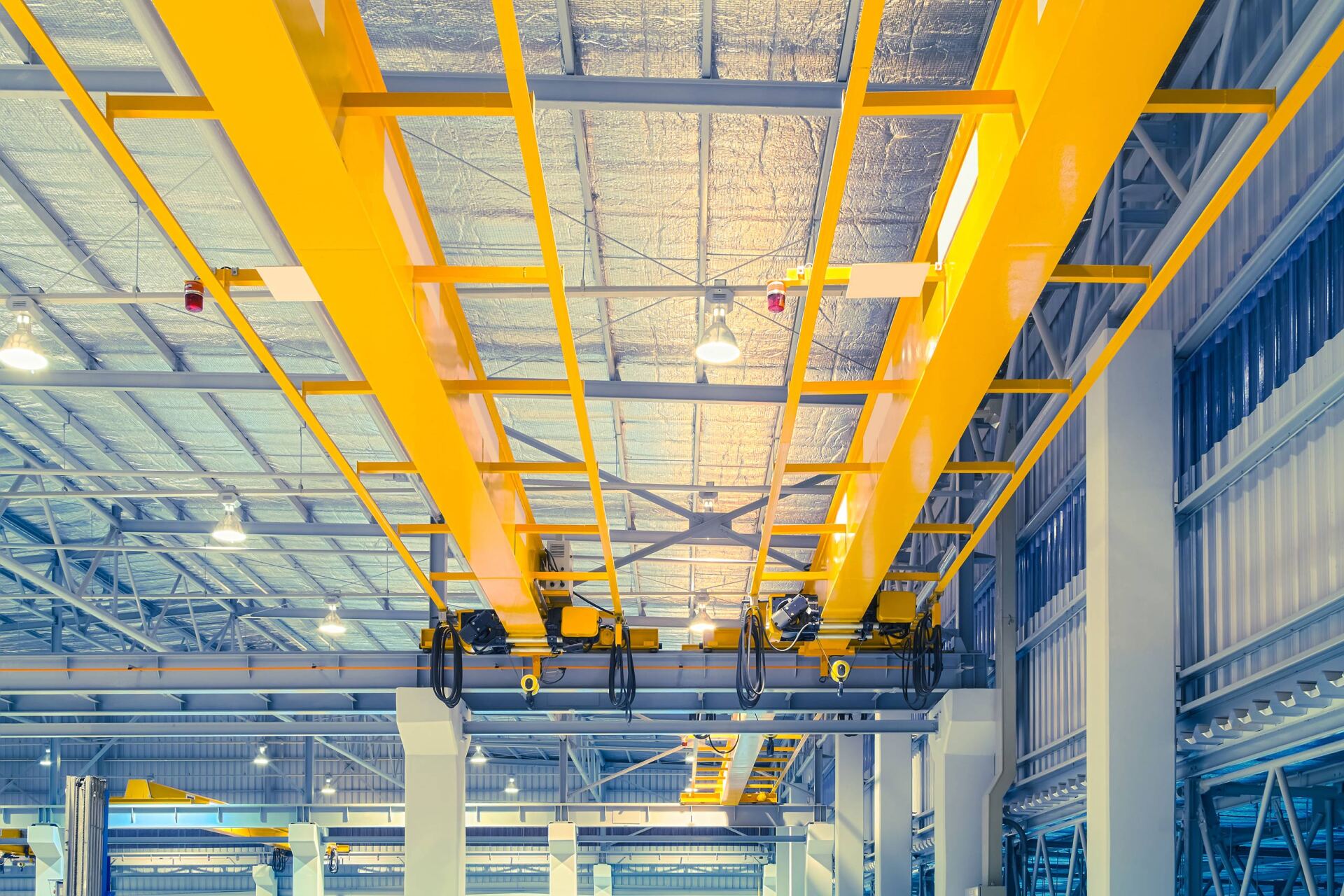
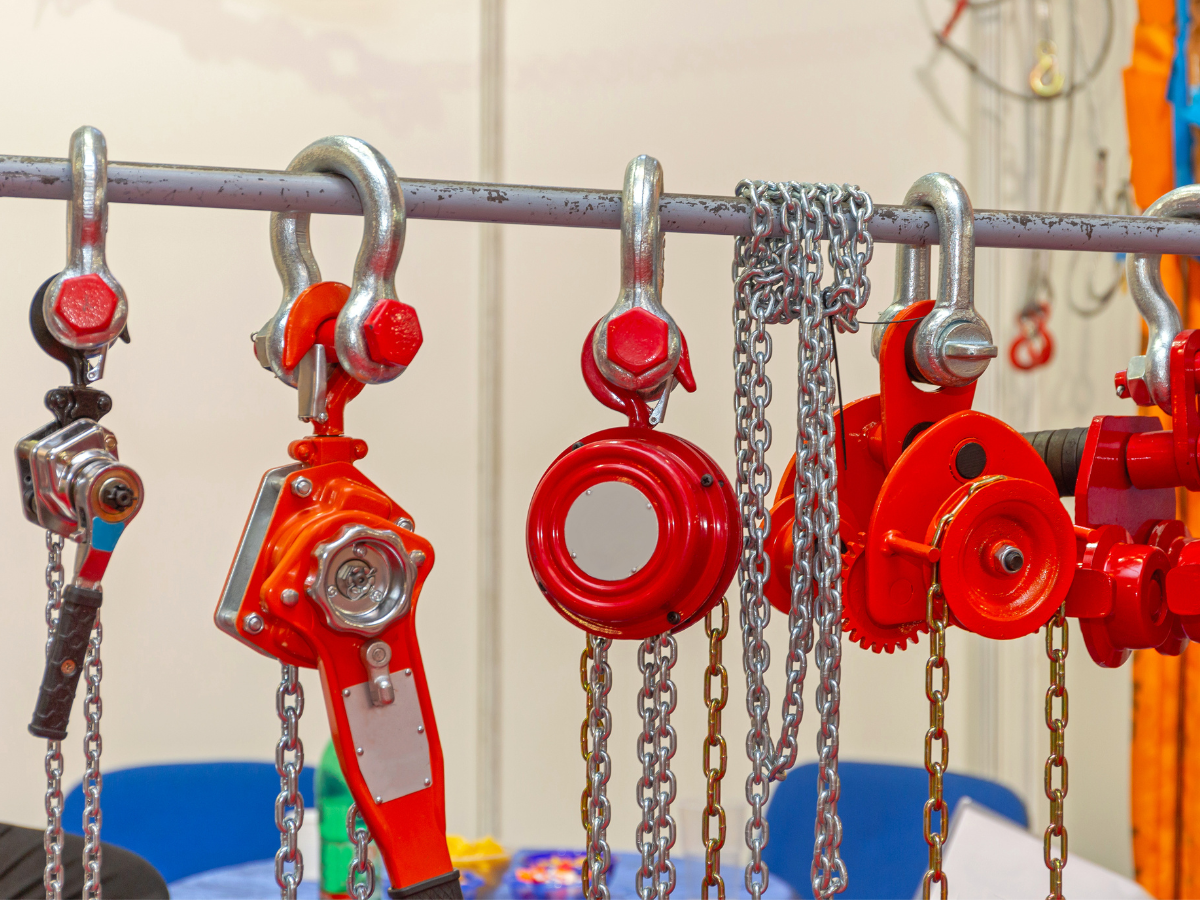
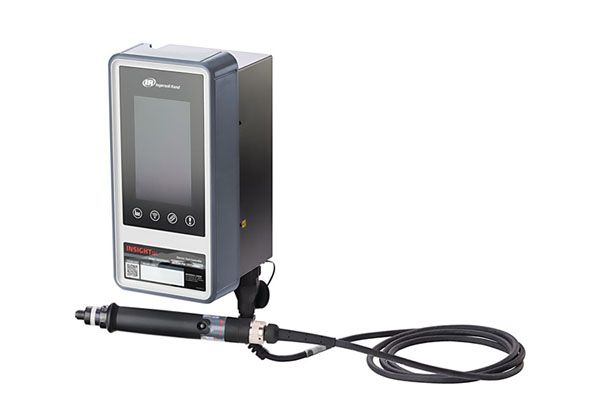
Serving
Quick Links
Contact Us
Business Hours
Hours:
- Mon - Fri
- -
- Sat - Sun
- Closed
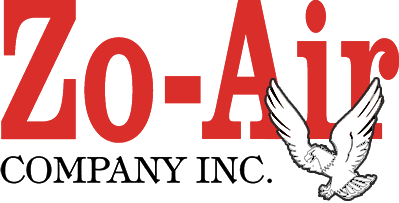
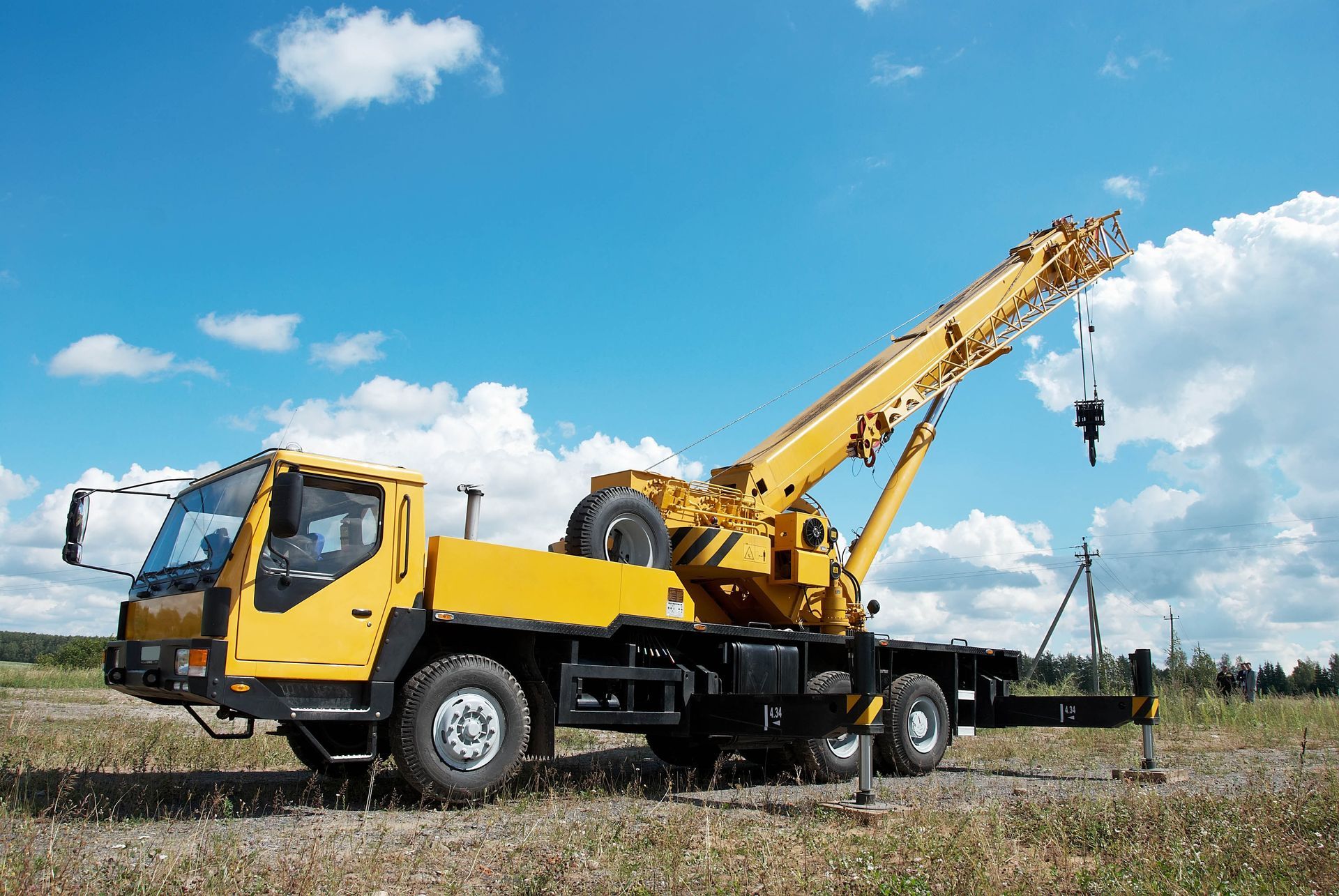
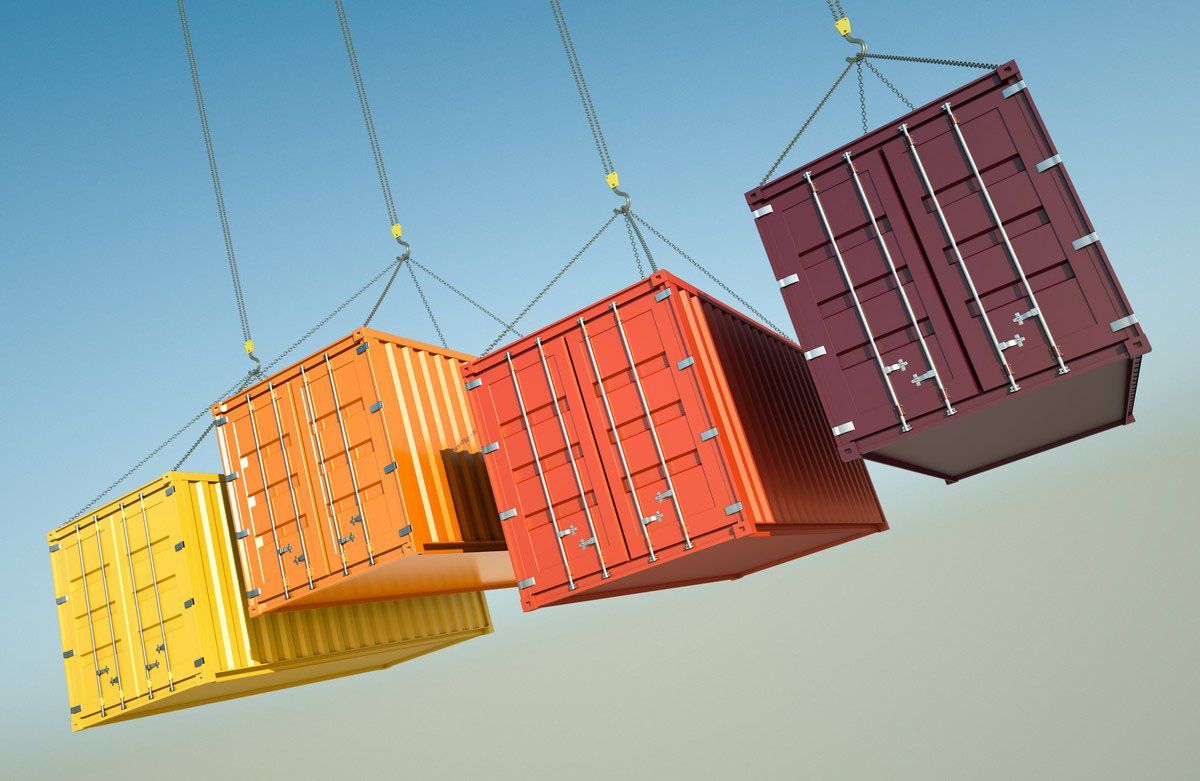
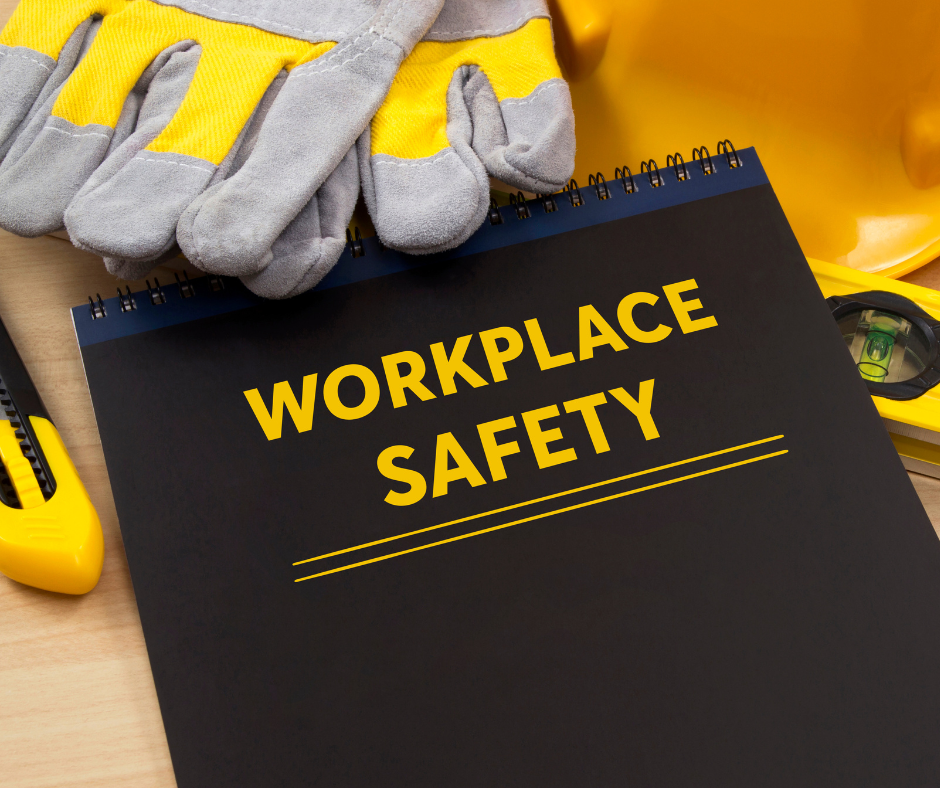


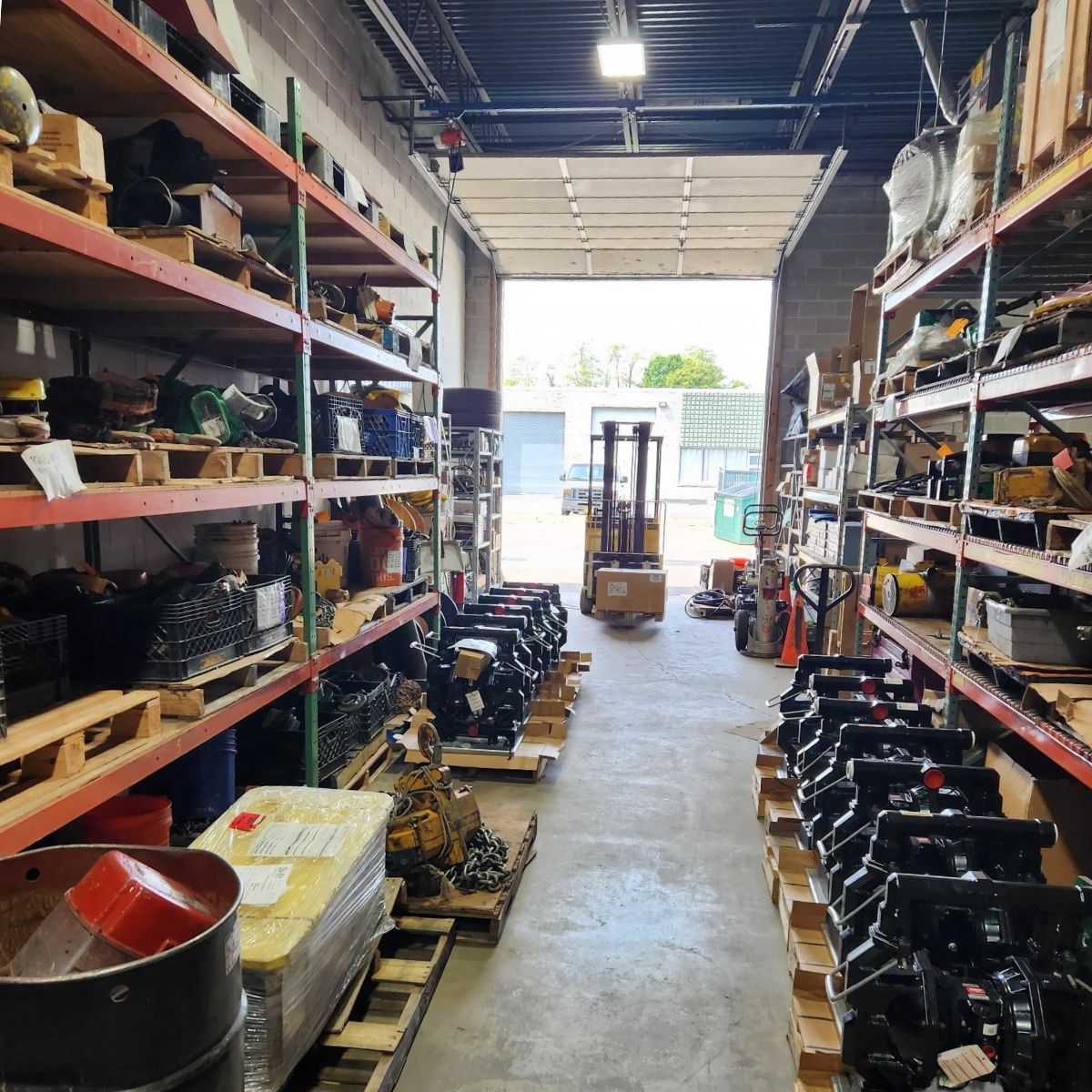
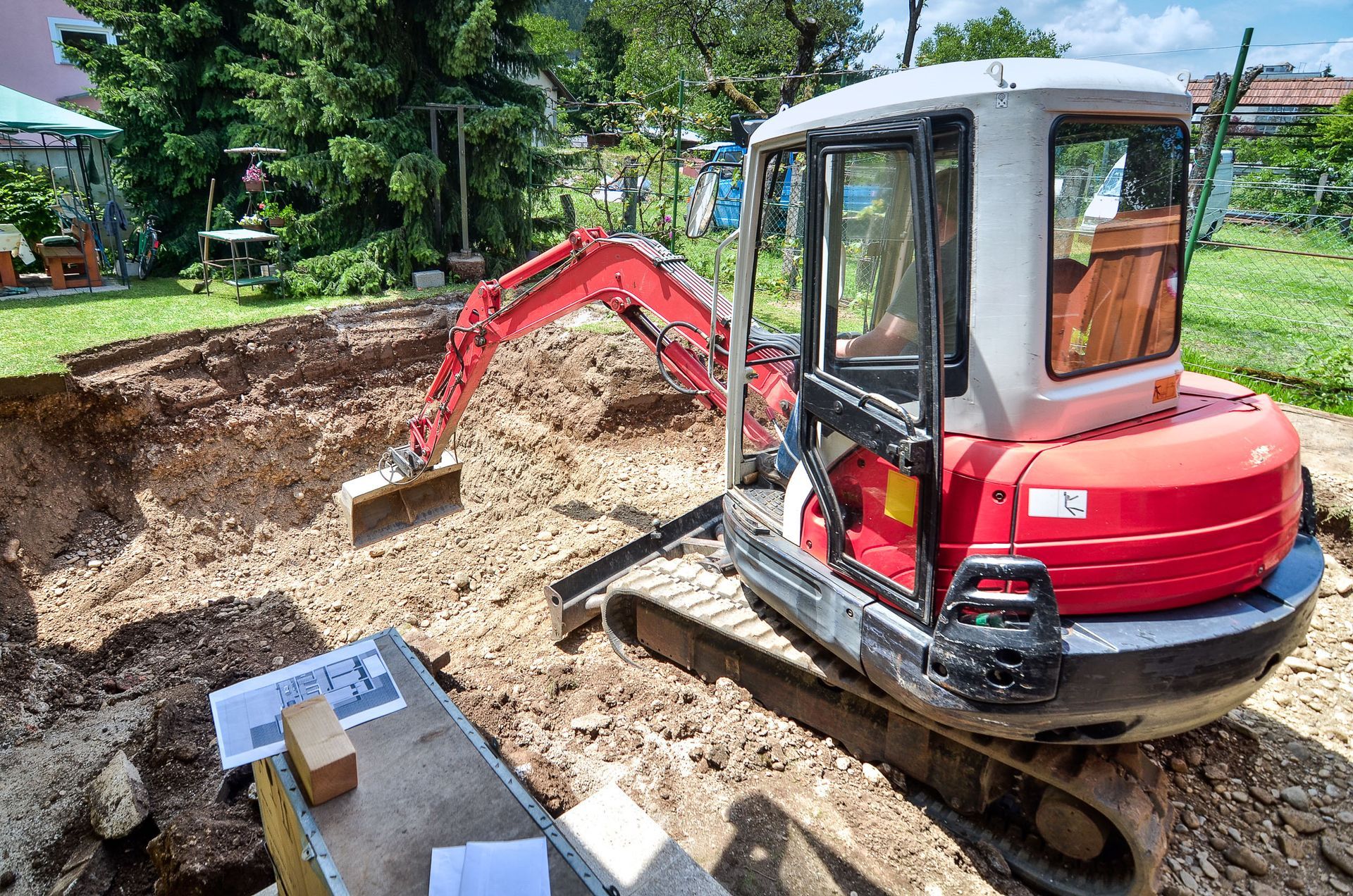
Share On: